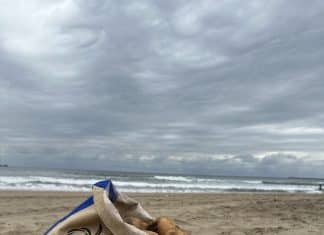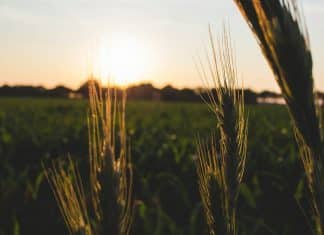Estimated reading time: 3 minutes
The South African Pork Producers Organisation (SAPPO) continues to reimburse 100% of serologic laboratory fees for pig compartments and assessed biosecure units. Dr Peter Evans, CEO of SAPPO, says the organisation is committed to reimbursing these units as part of its vision to promote, improve and maintain the health and safety of the national herd while promoting biosecurity.
SAPPO’s vision is to support and reward producers who have adopted a high level of biosecurity and proven by serological testing that they are keeping their farms free of diseases of concern. In this way, SAPPO hopes to encourage more producers to follow biosecurity measures.
He adds that SAPPO has been following this approach at various levels for the past three to four years, depending on the current situation on farms. Compensation has ranged from 50 to 100% in most cases. Currently, it stands at 100% compensation, covering only the laboratory tests and not the costs associated with blood collection and submission.
The system
The country’s pig compartmentalisation system is a disease control method recognised by the World Organisation for Animal Health (WOAH). It involves clearly identified biosecure units with implemented procedures to prevent harmful diseases from entering the unit.
Dr Evans notes that there are currently approximately 120 compartmentalised units in the country. However, it needs to be considered that some farms consist of multiple sites, so it is not necessarily 120 producers, but rather units.
According to him, these compartments allow pork and pork products to be safely exported when a trade-sensitive disease breaks out locally. These diseases include porcine respiratory and reproductive syndrome (PRRS), classical swine fever (CSF) and endemic diseases such as African swine fever (ASF) and foot-and-mouth disease (FMD).
Private pig veterinary consultants conduct annual audits to ensure compliance with the procedures in the Veterinary Procedural Notices (VPNs). They also visit all compartments regularly and contact veterinary authorities if any issues arise.
Read more about SAPPO’s recent AGM here.
Reimbursement conditions
Dr Evans adds that SAPPO’s reimbursement is subject to certain conditions. The unit must be registered on the World of Pork and be part of SAPPO’s Passive Surveillance Programme.
Additionally, a veterinary visit must have been logged within the 90 days prior to the claim date. Another condition is that serological testing must be conducted according to the schedule indicated in the published compartment standard (VPN 39).
A compartment must also be current and not lapsed, suspended or delisted at the time of testing. Additionally, a biosecurity assessment must have been conducted by a consulting veterinarian not more than 90 days prior to testing.
A South African Revenue Service (SARS)-compliant VAT invoice that includes details of the company and VAT particulars must be issued to SAPPO. The SAPPO VAT number is 4040225940.
Only laboratory testing fees may be claimed, while handling and collection fees are excluded. Supporting documents should include copies of laboratory results for which a claim is submitted, as well as a relevant invoice from the laboratory or veterinary consultant indicating the fees charged. Claims must be submitted within one month of invoice by the laboratory. – Christal-Lize Muller, Plaas Media
For more information visit SAPPO’s website or call 012 100 3035.







